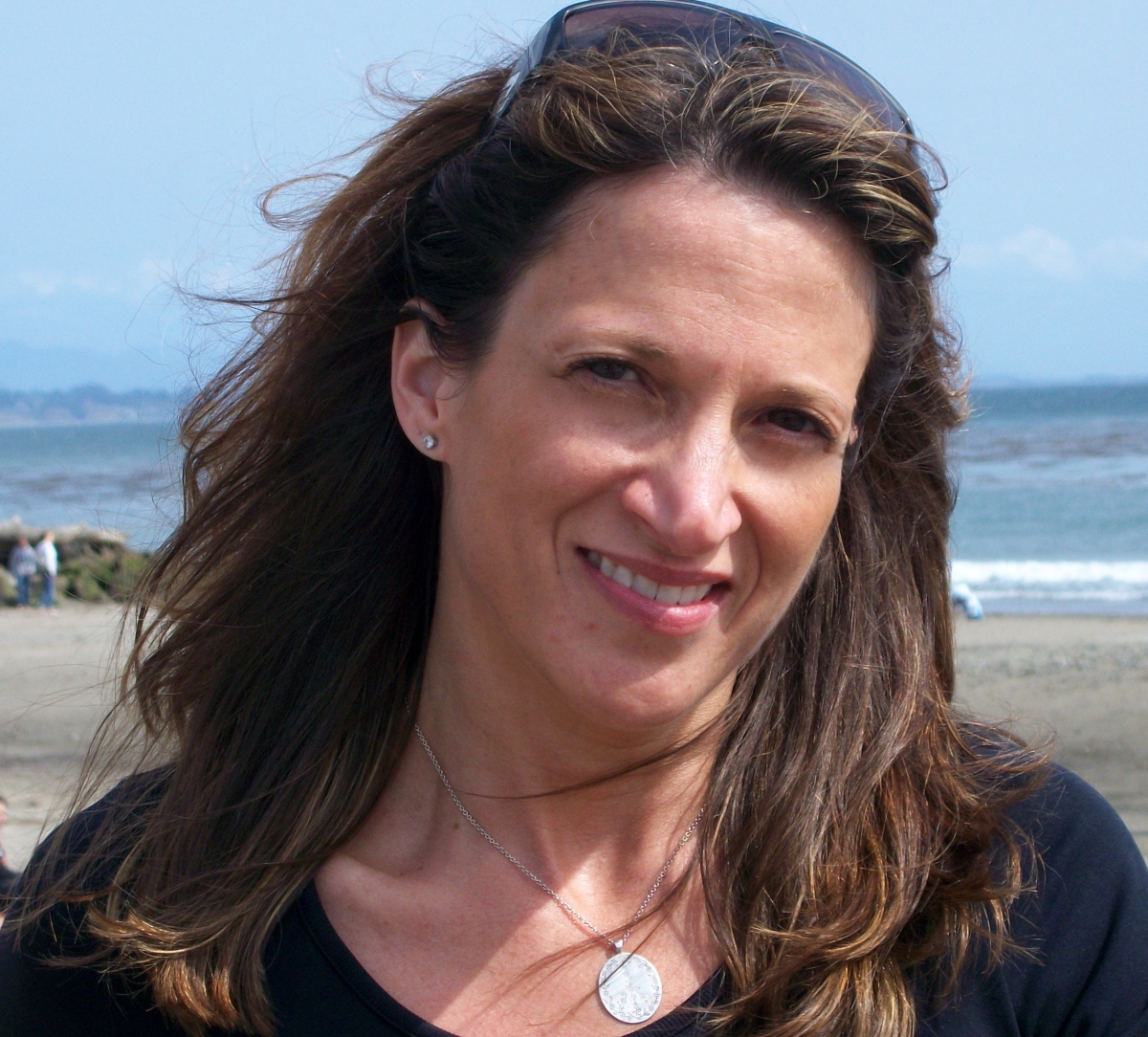New Hope for Depression: A Recent Meta-analysis Suggests That Yoga Can Help

Most of us will experience the blues at some point in our lives. Generally those feelings of sadness pass after a relatively short period of time. For some, however, those feelings persist for weeks, months, or even years.
Approximately 17% of Americans will be diagnosed with major depressive disorder (MDD) at some point, and many more will experience lesser forms of the disease (e.g. dysthymia), according to the Centers for Disease Control (CDC). Women are 70% more likely to be diagnosed with a depressive disorder than men.
The traditional treatments for depression include psychotherapy and medication. However, medications for depression have long been known to have side effects ranging from unpleasant to life threatening. Now there may be new hope for people suffering from depression: According to a recent meta-analysis, yoga can help to relieve the symptoms of depression.
Studies on yoga for depression are nothing new. In recent years mind-body therapies, including yoga, have been tested as complementary forms of treatment, and programs such as Life Force Yoga, have gained in popularity for those seeking relief from the symptoms of depression.
The recent meta-analysis marks a significant development in our understanding on the effects of yoga for depression, however. Unlike a single study, a meta-analysis examines all of the research on a specific topic with the goal of making a recommendation regarding what works the best.
The meta-analysis was performed by a team of researchers from University of Duisburg-Essen, Essen, Germany, who reviewed the scientific evidence regarding the effectiveness of yoga as therapy for depression. Their review included all randomized controlled trials (12 total) in which yoga was used as therapy for individuals with either depressive disorders, or a high level of depressive symptoms.
A total of 619 participants suffering from depression were included in the 12 studies. Looking at results across all the 12 studies, the researchers found that as a whole, individuals who participated in a yoga program reported less severe, short-term symptoms of depression following completion of the program than those who attended a relaxation program or usual care. There was also some evidence for the short-term effects of yoga on lessening anxiety symptoms.
Although these findings are encouraging, it is important to note that only short-term effects on depressive symptoms were measured, and more research is needed to determine the long-term effects. In addition, there was considerable variability in the types of yoga programs offered, and the way in which these programs were delivered. There is no evidence that participation in yoga classes is related to the long-term reduction of depressive symptoms.
Most people practice yoga because it feels good. Whether suffering from a blue mood, symptoms of depression, or in need of inspiration, the mind-body-spirit connection that we find on our mats allows us to experience the richness of life and the miracle of breath, movement, meditation and sound.
Depression can be devastating. Unlike a blue mood, depression is linked to an inability to function normally and a high level of distress. Regardless of form, depression can be severely debilitating and requires treatment. Though yoga is no substitute for treatment for those with depression, it offers hope and the promise of experiencing a connection with something more profoundly rich and beautiful than ourselves, and liberation from our suffering.
 Grace Bullock, PhD, E-RYT 500 is a psychologist, research scientist, educator, author, yoga and mindfulness expert and creator of BREATHE: 7 Skills for Mindful Relationships. Her mission is to reduce stress, increase health and wellbeing and improve the quality of relationships. She offers classes, workshops, writing and research that combine the wisdom of applied neuroscience, psychophysiology, psychology and contemplative science and practice. Her goal is to empower individuals, groups, leaders and organizations to reduce chronic stress and increase awareness, attention, compassion, mindfulness and effective communication to strengthen relationships, release dysfunctional patterns and unlock new and healthy ways of being. Dr. Bullock is a Certified Viniyoga Therapist and Faculty at the Integrated Health Yoga Therapy (IHYT) Training program. She is the former Senior Research Scientist at the Mind & Life Institute and former Editor-in-Chief of the International Journal of Yoga Therapy. For more information see www.bgracebullock.com
Grace Bullock, PhD, E-RYT 500 is a psychologist, research scientist, educator, author, yoga and mindfulness expert and creator of BREATHE: 7 Skills for Mindful Relationships. Her mission is to reduce stress, increase health and wellbeing and improve the quality of relationships. She offers classes, workshops, writing and research that combine the wisdom of applied neuroscience, psychophysiology, psychology and contemplative science and practice. Her goal is to empower individuals, groups, leaders and organizations to reduce chronic stress and increase awareness, attention, compassion, mindfulness and effective communication to strengthen relationships, release dysfunctional patterns and unlock new and healthy ways of being. Dr. Bullock is a Certified Viniyoga Therapist and Faculty at the Integrated Health Yoga Therapy (IHYT) Training program. She is the former Senior Research Scientist at the Mind & Life Institute and former Editor-in-Chief of the International Journal of Yoga Therapy. For more information see www.bgracebullock.com


